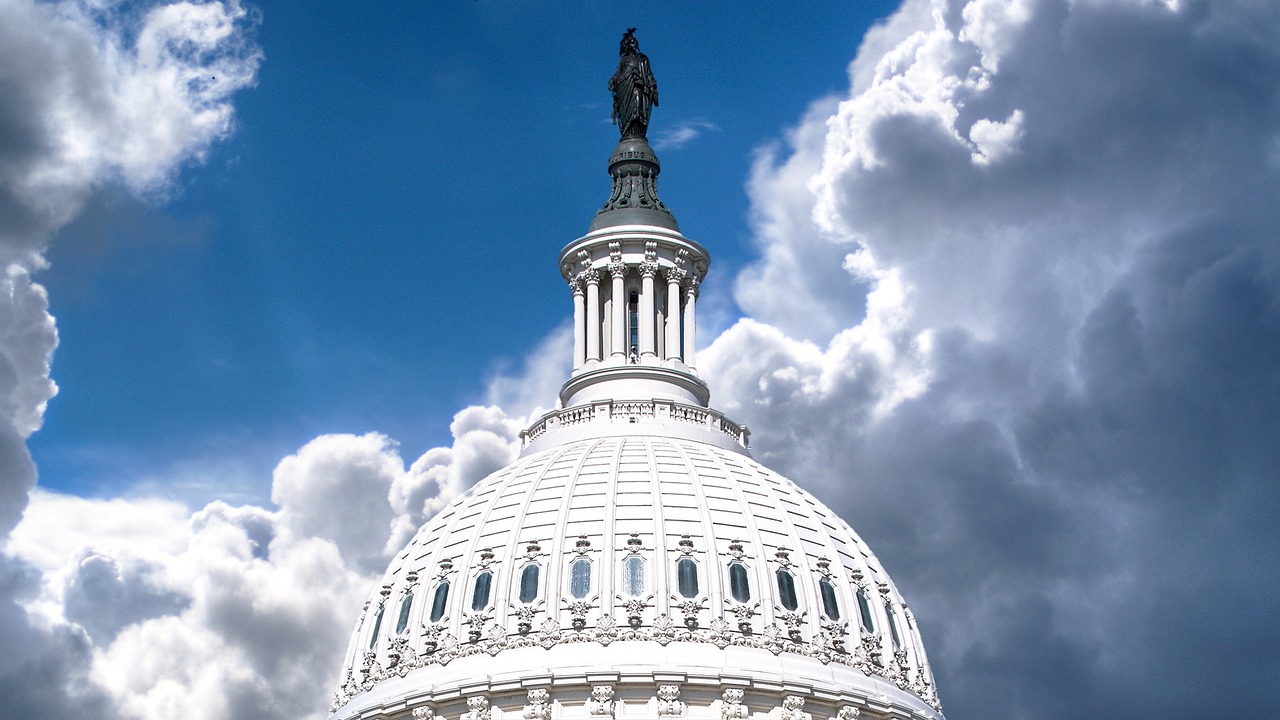
Eric Adams federal state politics alliances
The intersection of federal and state politics often shapes the trajectory of governance and policy implementation. This dynamic is currently exemplified by the evolving relationship between New York City’s political figures and the federal government.
Eric Adams, New York’s mayor and former NYPD officer, has undergone a significant political transformation since 2021. Initially hailed as a rising star in the Democratic Party, Adams’s trajectory appears to be aligning more closely with the Trump administration. The New York Times recently reported that advisors to former President Trump are considering Adams for a position within the administration, marking a striking shift in his political alliances (New York Times, 2025), including federal politics applications, including state politics applications, particularly in disability rights, particularly in federal politics, especially regarding disability rights.
This potential appointment signals a strategic maneuver by Trump to extend influence into New York’s political arena, a city traditionally opposed to his policies. Such federal involvement in local politics illustrates the complex interplay between national ambitions and state or municipal governance.
Adams’s potential shift to the federal level comes amid a mayoral race where Andrew Cuomo and Zohran Mamdani are the key contenders. Cuomo remains skeptical about the political implications of Mamdani’s anticipated victory, suggesting it could inadvertently benefit Republicans nationwide by framing Democrats as overly progressive (New York Times, 2025), including federal politics applications, especially regarding state politics, particularly in disability rights. This caution highlights the broader national implications local elections can carry, especially when federal actors become involved.
The scenario underscores how federal strategies may sometimes prioritize political leverage over the nuanced realities of state or city governance. For citizens and policymakers alike, this raises important questions about the balance of power and the preservation of local autonomy in the face of federal ambitions.
Section 503 disability rights enforcement
Federal protections for workers with disabilities have long been established under Section 503 of the Rehabilitation Act of 1973, mandating proactive hiring and accommodation by federal contractors. However, recent congressional scrutiny reveals growing concerns over the Department of Labor’s enforcement of these protections.
A group of six Democratic representatives, led by Rep. Lateefah Simon, publicly criticized the Labor Department for what they describe as an abandonment of workers with disabilities, particularly those employed by federal contractors (Simon et al., 2025), especially regarding federal politics, especially regarding state politics, especially regarding disability rights in the context of federal politics in the context of state politics. Their letter to Labor Secretary Lori Chavez-DeRemer highlighted delays in investigating disability discrimination complaints and the suspension of compliance reviews for over 2,000 companies, including major corporations like Google, Meta, American Airlines, and Deloitte.
This situation calls into question the federal government’s commitment to upholding disability rights in employment. The Labor Department’s ongoing rulemaking process to eliminate the 7 percent hiring goal for employees with disabilities further exacerbates concerns among advocates and former agency officials.
Anupa Iyer Geevarghese, a former deputy director in the Labor Department, warned that removing such provisions severely undermines the enforceability of Section 503, effectively weakening the protections it offers (Mother Jones, 2025) in the context of federal politics, especially regarding state politics, especially regarding disability rights. The potential rollback signals a shift in federal disability policy that could reverse decades of progress in workplace inclusion. The congressional letter’s demand for clarity on complaint handling, enforcement actions, and the impact of these delays underlines the critical role federal agencies play in translating legal protections into tangible outcomes for disabled workers.

federal government civil rights enforcement
When examining the roles of federal and state governments in political affairs and civil rights enforcement, distinct differences emerge. Federally, agencies such as the Department of Labor have the mandate and resources to enforce nationwide protections like those under the Rehabilitation Act.
However, as recent events reveal, political shifts at the federal level can influence enforcement priorities, sometimes to the detriment of vulnerable populations. This contrasts with state and local governments, which often operate with more immediate accountability to their constituents but may lack the broader authority or resources to address systemic issues on a large scale, particularly in federal politics in the context of state politics, including disability rights applications, particularly in federal politics, especially regarding state politics in the context of disability rights. The example of New York City’s political scene—where federal intervention through potential appointments and political maneuvering directly influences local governance—illustrates the potential tension in this relationship.
Federal involvement can bring resources and visibility but also risks overshadowing local priorities or disrupting established political balances. Similarly, in the realm of disability rights enforcement, states may have their own laws and enforcement mechanisms, but the federal government’s role in setting standards and ensuring compliance remains critical, including federal politics applications, especially regarding state politics.
The current challenges within the Labor Department demonstrate how federal policy decisions reverberate through state and local systems, influencing the lived experiences of disabled workers nationwide.

Eric Adams federal politics governance
The prospect of Eric Adams joining the Trump administration raises significant questions about the consequences of federal appointments on local governance and political dynamics. Such a move could be interpreted as a consolidation of power that blurs the lines between local leadership and federal influence.
For Adams, whose tenure as mayor has faced scrutiny and scandal, an official federal role might offer political refuge or a platform to extend influence beyond New York City. For Trump, placing an ally in a prominent local figure’s position could serve as a strategic foothold in a city that remains politically hostile to him (New York Times, 2025) in the context of federal politics, including state politics applications, including disability rights applications in the context of federal politics, especially regarding state politics, especially regarding disability rights. This scenario also impacts electoral contests, particularly in the context of the New York mayoral race.
The involvement of federal actors may shift local voter perceptions and campaign strategies, potentially disadvantaging candidates perceived as less connected to national power structures. It reflects a broader pattern of federal actors intervening in state and municipal affairs to shape political outcomes in ways that align with national party interests, particularly in federal politics, especially regarding state politics, particularly in disability rights.
Citizens and civic organizations must remain vigilant about such interventions to ensure local governance remains responsive to community needs rather than becoming an extension of partisan federal agendas.

disability protections federal enforcement
Ensuring robust protections for workers with disabilities requires cooperation between federal and state governments. The current lapses in enforcement by the federal Labor Department highlight the risk of weakening established civil rights without adequate oversight.
States can play a complementary role by strengthening their own disability employment laws, increasing resources for complaint investigations, and fostering inclusive hiring practices in public and private sectors. However, without strong federal enforcement and clear regulatory frameworks, state efforts may be inconsistent or insufficient to address systemic discrimination, including federal politics applications, including state politics applications, particularly in disability rights, especially regarding federal politics in the context of state politics, particularly in disability rights. The congressional letter demanding transparency and accountability from the Labor Department underscores the importance of federal leadership in this arena.
The upcoming response requested by October 1, coinciding with National Disability Employment Awareness Month, emphasizes the symbolic and practical need for recommitting to these protections (Simon et al., 2025), including federal politics applications, particularly in state politics, particularly in disability rights. For disability advocates, this moment serves as a call to action to engage with both federal and state policymakers to preserve and advance employment rights for disabled individuals.
Collaborative governance models that integrate federal standards with localized enforcement can better safeguard these rights and promote equitable workforce participation.

Federal influence local autonomy balance
The current political and policy developments highlight an enduring challenge in American governance: balancing federal influence with local autonomy. Federal involvement can provide essential resources, legal frameworks, and national coordination, yet it also risks imposing top-down solutions that may not align with local priorities or contexts.
The cases of Eric Adams’s potential federal appointment and the Labor Department’s regulatory changes illustrate divergent ways this balance is tested, particularly in federal politics in the context of state politics, especially regarding disability rights. For civic actors and policymakers, understanding this balance is crucial for effective advocacy and governance. Engaging with federal structures while preserving state and local decision-making authority requires strategic navigation of political relationships and institutional processes.
It also demands that citizens remain informed and proactive in holding both federal and state officials accountable, particularly in federal politics in the context of state politics, particularly in disability rights. By fostering dialogue and partnerships across government levels, it is possible to advance policies that respect local needs while benefiting from the strengths of federal oversight and coordination.

federal disability rights enforcement
The evolving scenarios involving Eric Adams and federal disability rights enforcement demonstrate the intricate connections between federal and state governments in shaping political leadership and protecting civil rights. Federal actions, whether through political appointments or regulatory decisions, significantly influence local governance and the enforcement of legal protections.
Conversely, state and local governments provide critical contexts for realizing these protections and reflecting community priorities. Maintaining democratic accountability and effective civil rights enforcement requires vigilance and engagement across all levels of government. The potential federal appointment of a city mayor and the Labor Department’s handling of disability employment rules serve as reminders that power dynamics between federal and state authorities are continuously negotiated.
For citizens, advocacy groups, and officials, recognizing these dynamics is essential for promoting transparent, equitable, and responsive governance in an increasingly complex political environment, especially regarding federal politics in the context of state politics, especially regarding disability rights, particularly in federal politics, including state politics applications in the context of disability rights. References: New York Times (2025).
Trump and Adams Might Soon Go Official. Simon, L., et al. (2025), particularly in federal politics in the context of state politics.
Letter to Labor Secretary Lori Chavez-DeRemer on Disability Employment Enforcement. Mother Jones (2025).
Labor Department Disability Hiring Federal Rule.




